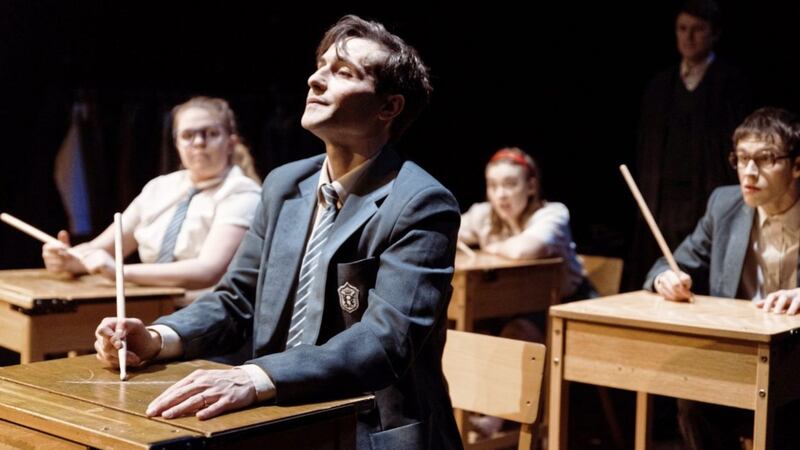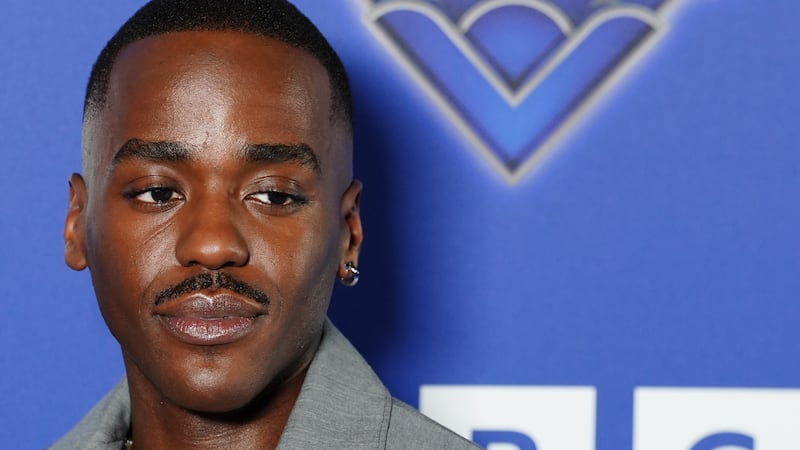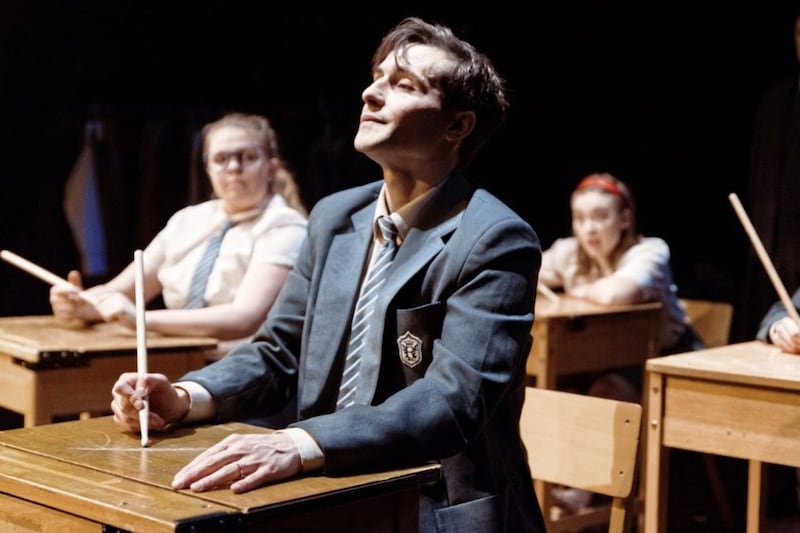WITH increasing numbers of people diagnosed with dementia, we are all too aware of the fragility of memory. It's a fact that whatever our age, we all forget far more than we remember.
While stage performance may be an unusual way of delving into science, an innovative piece of theatre coming to the Belfast stage later this month shines a light on issues around memory.
Exploring what is left when memory is gone, The Nature of Forgetting tells the story of a 55-year-old man living with early onset dementia. Audiences first see him struggle to dress for his birthday party, assisted by his daughter; but later they see how the tangled threads of disappearing memories spark him into life, unravelling a tale of friendship, love and guilt.
Having played to sell-out audiences at Edinburgh Fringe, Theatre RE's powerful and surprisingly joyous production was developed in collaboration with University College London (UCL) neuroscience professor Kate Jeffery.
“Our collaboration began with a meeting between me and the team, where we exchanged our views and understanding of memory and forgetting," Prof Jeffery says.
"I explained the concepts of the neurobiology of memory that scientists have developed over the past century, particularly related to hippocampal formation and the way that it makes a map of space and then uses this map to organise memory for life events.
"I also explained how we think memory is formed by changes in the strengths of the connections between cells in the brain, and how memory is labile – liable to change – and can be rewritten, or degraded, with time. From this conversation, the shape of the play began to evolve, and the ideas that I had introduced began to be incorporated into the production."
This scientific research was followed by interviews and workshops with people living with dementia.
"We used the format of [BBC Radio 4 show] Desert Island Discs to ask people about their favourite songs and talk to them about the memories behind them. This highlighted the link between music and memory and showed us that often memories do not disappear – rather, they are not accessible. Smell, touch and music can bring those memories back to life," the show’s creator and director Guillaume Pigé says.
Pigé, who also plays the leading role of Tom, explains that over the 18 months developing the show, its focus changed.
"We started with the question of 'What is eternal about all of us 2,000 years ago and will still be true in 2,000 years time?' Little by little we refined that question to, 'What is left when memory is gone?'
"The aim from the beginning was not to make a show about dementia, but to use dementia as a tool to unravel the fragility of the human condition and explore what is left when memory and recollection are gone.
"We all have a memory and a specific relationship to our memories. It's why this show has had such a good response – because we can all relate to not remembering."
The Nature of Forgetting follows Tom’s memories, including back to his school days, through a combination of physical mime, live music, lighting and props.
"I trained in corporeal mime, so for me mime is about making a portrait of something using something else," Pigé says. "It is about creating metaphors on stage, such as a tipping table being used to illustrate how memories slip away.
"Through speaking to Kate Jeffery we realised that memory works visually. When you remember, you first imagine the place then fill it with details. If you remember your first kiss at school, you first remember the desk, the teacher and, little by little, you go to the essential."
Pigé explains that the stage resembles a workshop, where scenes and memories are constantly being constructed.
"This is how the hippocampus area of our brain – which creates memories – works, as memories are not retrieved like a library book but rather they are constructed by remembering a space and then filling that space with detail."
Pigé believes The Nature of Forgetting is far from a sombre piece of theatre but acts as a "celebration about life" where, by journeying into Tom’s weakening mind, audiences discover that broken does not have to mean defeated.
"Memories are fundamental to our identity. Talking to people living with the condition made us realise there are other things we need to cherish – love and living in the present moment," he says.
"Even for those not living with dementia, this is important to remember because we are constantly living either in the past or the future, making plans. It's important to be reminded that the present moment should be cherished– these are moments to be cherished."
Continuing to combine scientific research with ambitious theatre making, for his next show – which will explore birth, including family genetics and pregnancy loss – Pigé will once again be collaborating with Prof Jeffrey.
:: The Nature of Forgetting is at Belfast’s MAC theatre from May 31 to June 3. Details and booking at Themaclive.com



